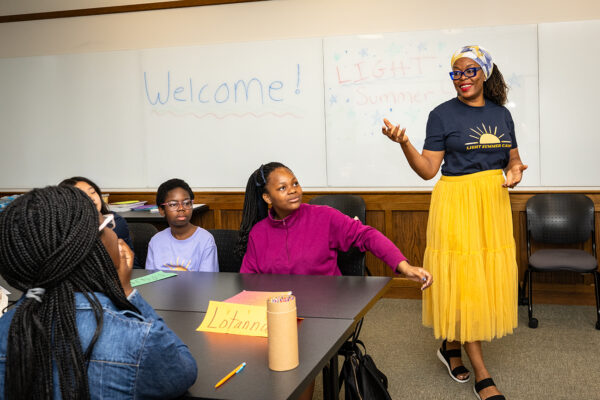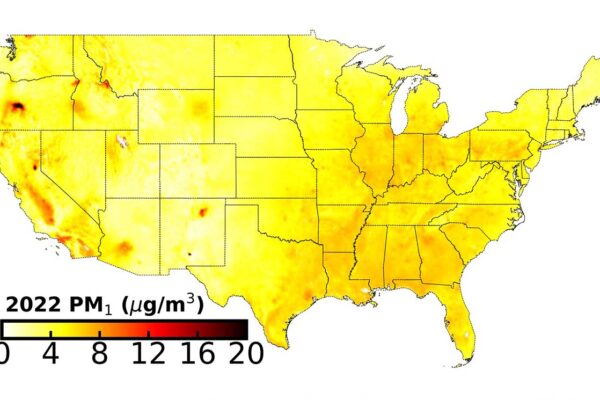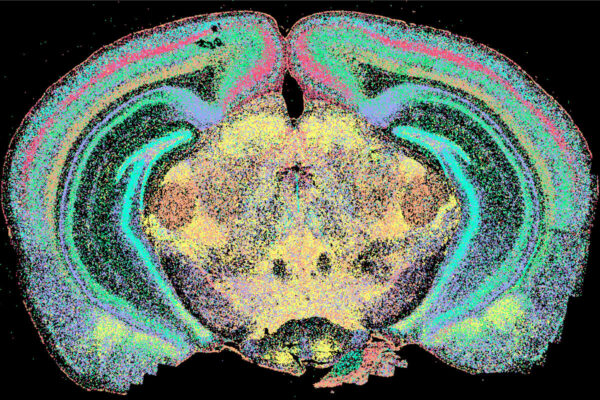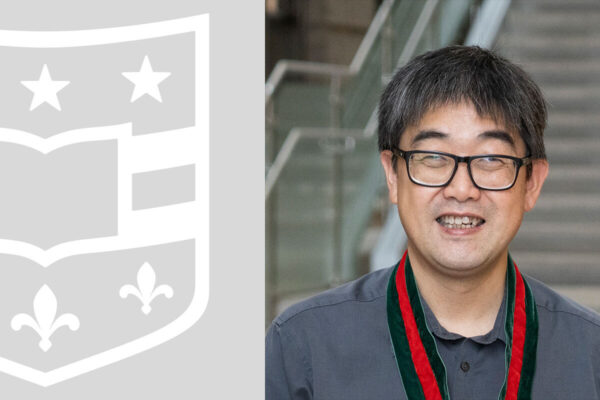AI-based brain-mapping software receives FDA market authorization
The FDA has given market authorization to a WashU startup’s technology that quickly and accurately maps the sensitive areas in patients’ brains to help neurosurgeons plan safe and effective surgeries.
$3M grant fuels global effort to transform health research and policy
WashU public health experts are leading a $3 million global initiative to revolutionize health research, making it faster, more inclusive and more responsive to urgent policy challenges.
Predicting pain with machine learning
Researchers at Washington University in St. Louis are using machine learning to better predict who will experience persistent pain after surgery.
Machine learning can improve detection of brain cancer from blood
WashU Medicine neurosurgeon Dimitrios Mathios, MD, has developed a liquid biopsy that is aided by machine-learning tools to improve the detection of brain cancers.
WashU summer camp merges art, public health education
The LIGHT Creativity in Public Health Summer Camp at WashU encourages students to tap into their imaginations and lived experiences to create artwork, poetry and stories that communicate the importance of health and science.
Tiny and toxic: Researchers track smaller air pollution particles across US skies
To help understand air pollution health effects, researchers in St. Louis quantified how the amount of submicron particles in the air has changed over the past 25 years.
More young women are getting breast cancer — why?
WashU Medicine’s Adetunji Toriola explains some of the factors driving the increase in women’s breast cancer diagnoses among women under 50.
$12 million grant funds studies of role of genes in autism, similar diagnoses
Researchers at WashU Medicine received a $12 million National Institutes of Health (NIH) grant to deepen understanding of autism and other neurodevelopmental and psychiatric disorders that are caused by a single gene mutation.
Sauerwein wins national writing award
Kristina Sauerwein, a senior sciences writer in Marketing & Communications at WashU Medicine, has received her fifth Robert G. Fenley Writing Award from the Association of American Medical Colleges.
Detailed molecular steps of blood clotting revealed in new study
A study in Nature led by Weikai Li at WashU Medicine reveals the molecular details of how vitamin K-dependent gamma carboxylase operates, a critical step in the blood clotting process.
Older Stories









